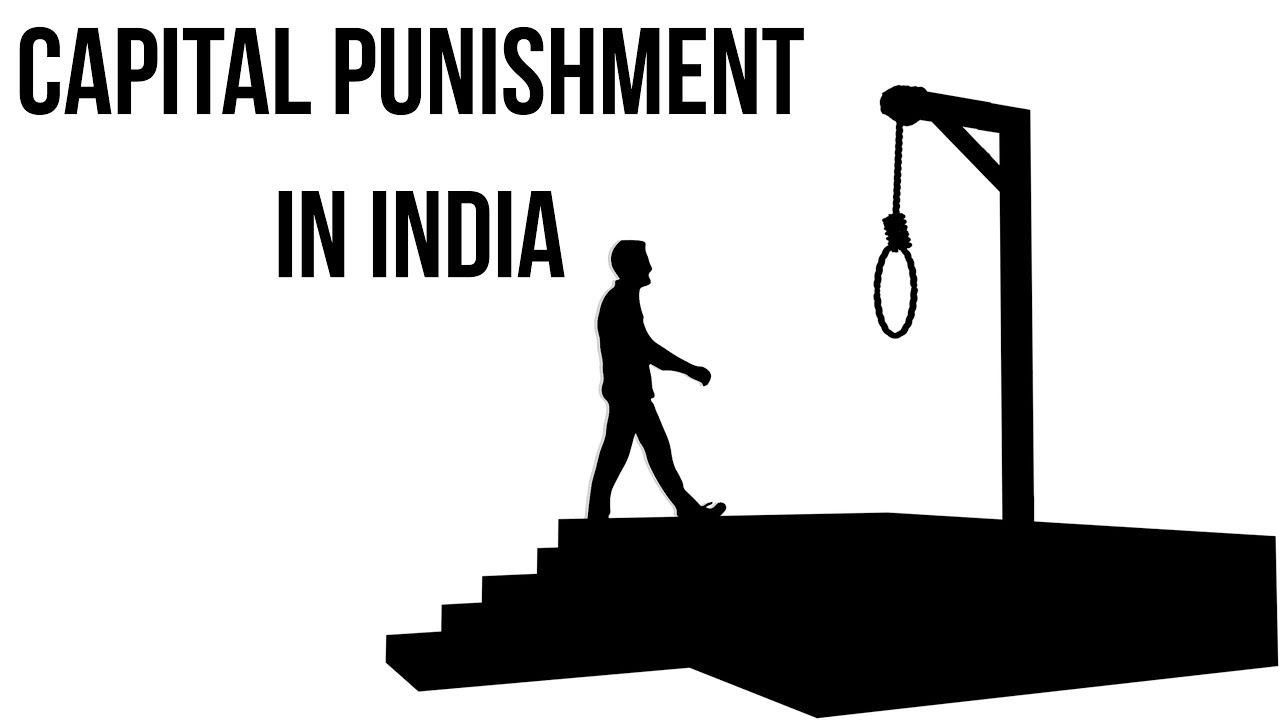Introduction
The main motive behind this article is to provide an overview on the point whether“Capital Punishment is deterrent to Crime in India or not?”Every day the rate of crime is increasing. If you announce the death penalty of one person for his offending acts, and the next day another one is found doing the same act. Capital Punishment or Death Penalty was announced with the motive of reducing crime in society but is this a deterrent to crime? Is the frequency of crimes reduced? Every day in the newspaper we read cases of harassment, murder, drug trafficking, piracy, espionage. So, does it mean that Capital Punishment is not a deterrent to Crime in India or are there a few other areas to look at before arriving to the conclusion?
What is Capital Punishment?
Capital Punishment or death penalty is government sanctioned practice whereby a person is put to death as a punishment for a crime. The person who commits the crime is called as offender and the act of carrying the sentence (where person is put to death) is called execution. The crimes against which a person is given death penalty are murder, sexual harassment, terrorism, espionage, mass murder, drug possession etc.
Does hanging act as adeterrent to crime or this capital punishment method needs to be improvised or is it to be abolished like other countries?Or is there some other alternative?
- The basic motive behind capital punishment is to deter the crime of killing people but there is no evidence of deterrence of crime through this way.There is one flaw in understanding the deterrence of crime i.e. crime will be deterred only if there is an instant punishment or effective punishment just after a few days of committing the crime e.g. A child is asked not to put his hand in fire as its consequence is instant pain. There are various instances in Indian history where the time gap between doing of crime and giving a punishment for that crime is irrepressible.Look at the convicts of Nirbhaya’s Case (2012 Delhi Case) who were hanged on 20 March, 2020, Convicts of 1993 Mumbai Blast, hanged on 30 July, 2015, Convicts of 2008 Mumbai Terror Attack, hanged on 8 February, 2013. This time gap reduces the effectiveness of punishment and doesn’t lead to deterrence of crime.
So, the time gap between committing the crime and getting punishment must be reduced to make an effective punishment and deterrent for crime In India.
- Capital Punishment needs to be improvised or the system needs to be changed. Capital Punishment is sometimes flimsy, there are the instances where the criminals were given death penalty and sentenced to death but it didn’t happen in reality as they escaped to different countries and spent their life freely there, or there are some cases where innocent people were sentenced to death penalty. There are cases where politicians are involved in criminal cases and get out of it without any charges pressed against them on the basis of their power, position.
The root of crime lies in the system and not life, so by ending life you cannot deter crime, it can be deterred only by making changes in our system where everyone is treated equally in terms of punishment whether it is a politician, business magnate or the general public.
- Can capital punishment be abolished in a country like India? There are people who consider death penalty as an inhumane practice. But in case of terrorists who consider killing people as “Holy War”, those molesters who make women think twice before leaving their home at night, drug suppliers who destroy the future of children; death penalty is appropriate.
I think that if there exists something which is even more superior than death penalty, then it must be applied for molesters, terrorists and other heinous criminals.
Conclusion
Capital punishment will be able to deter crime properly in India only when the system is modified as already said above, that the root of crime lies in system not in life, so by ending life you cannot end crime, it can be ended only by modifying our system, by reducing the time gap between committing crime and giving punishment and lastly it should not be abolished but it needs to be improvised as the innocent shouldn’t get punishment.
Ishant Jain
B.Com(Hons.), Institute of Commerce, Nirma University.

